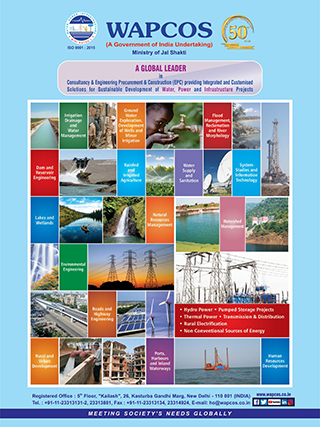whispers in the corridors

“Penal laws anomaly, Supreme Court and new Parliament”
The three new criminal laws: ‘Bhartiya Nyaya Sanhita’, ‘Bhartiya Nagrik Suraksha Sanhita’ and ‘Bhartiya Sakshya Adhinium’, the reworded versions of existing fundamental criminal laws IPC, CrPC and the Indian Evidence Act (colonial legacy) as per gazette notification, will be effective from July 1, 2024. The prevailing three criminal laws have been in operation for over a century and have received interpretations from various courts including the Supreme Court. Some legal luminaries have, in a letter to the union law minister, have sought deferment of new laws beyond July 1.2024. Some logical questions arise in our minds. These merit careful consideration. These are : (a)Will the change-over reduce cost of litigation to the accused and save litigation time; (b) Will the new dispensation reduce the large backlog of pendency in the already overburdened judiciary, running into crores of cases; (c) More importantly, could the two systems of criminal justice(old and the new)operate concurrently.All pending cases, filed under old system, are at different stages of litigation (d)Could the substantive laws, IPC, India Evidence Act, be applied retrospectively; (e) The procedural laws could possibly be applied retrospectively, provided they impact the accused adversely. These are matters for legal scrutiny; (f) Could the accused live with a sense of certainty and security about their Right to life and liberty, not knowing which stream of law will govern them. Utter confusion, chaos. More litigation, more cost to the accused, more delay; (g) What will be the cost of infrastructure needed to upgrade the system of delivery of criminal justice? Has any thought been given to the above questions ; (h)Will the dichotomy, as stated above ,be able to stand the scrutiny in the Supreme court; (i)Some bright legal minds have already expressed concern about the haste in which the bills were passed in the last Parliament; (j) Could the gazette –notified new penal laws be referred to the new Parliament for further discussion, one wonders? Much will depend on the stand taken by the Supreme Court on the validity of new penal laws, the ruling political dispensation and the new Opposition. No litigant has ,so far, approached the Top court in the matter, possibly awaiting reaction of the Union of India.
A K Saxena (A former civil servant)






























